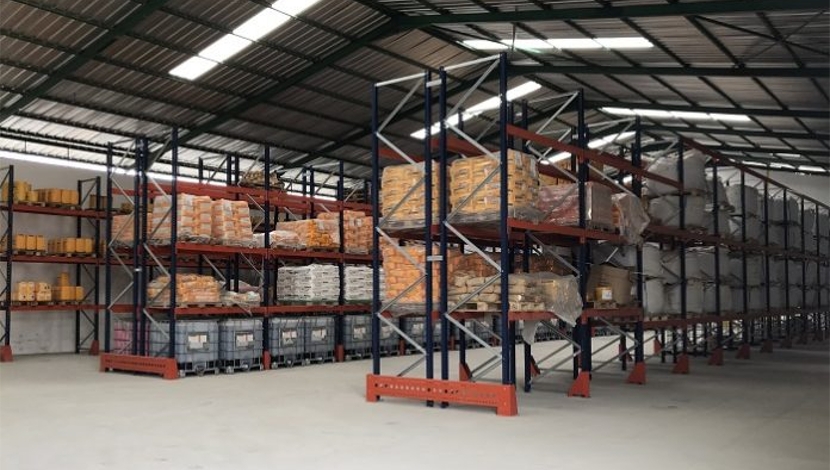
The United Nation Economic Commission for Africa (ECA) has cautioned that ill-designed trade policy in Africa could reverse the course of industrialisation and temper the continent’s graduation up the global supply chain
“There is empirical evidence of a bidirectional relationship between industrialisation and trade. It is important to gear trade policies towards national development objectives and be selective in specific sectors, as the endeavour is costly,” ECA deputy executive secretary Abdalla Hamdok said on Monday.
He was responding to the release this week of the 2015 edition of the Economic Report on Africa (ERA) launched during the Conference of African Ministers of Finance and Economic Development, in Addis Ababa. This year’s report built on the key messages of the previous editions of ERA and focused on industrialisation and structural transformation.
The report stated that Africa needed to focus on cross-border trade, calling on policymakers on the continent to translate the ERA recommendations into actions.
First: improve and deepen exports; second, ensure the domestic market is integrated; third, be cautious on the overshooting of the service sector while manufacturing is still low.Meanwhile, ECA Macroeconomic Policy Division head Adam Elhiraika believed Africa’s growth prospects remained positive, despite strong headwinds, with increased private consumption and investment being the key drivers of growth this year.
Elhiraika said: “Some of the challenges that Africa faces in the midterm are the slowdown in oil and commodity prices, slow recovery in developed countries, tighter global monetary policies, weather-related shocks and political instability.
“However, Africa’s underlying fundamentals for long-term growth remain robust. To ensure resilient economic performance through industrialisation, Africa must adopt social development strategies that are consistent with the expansion of modern services and industrial sectors.”





